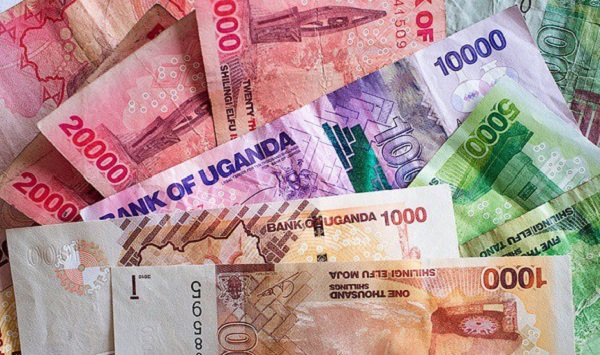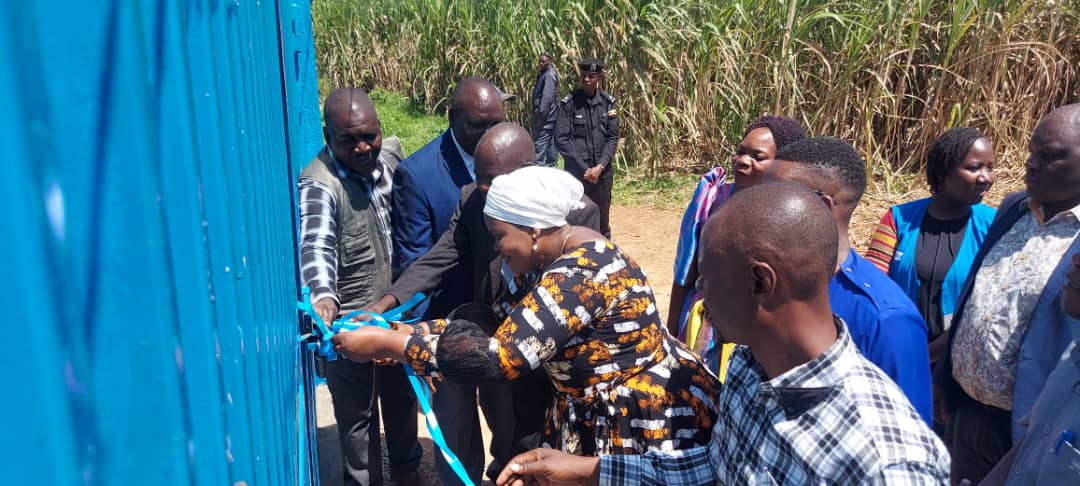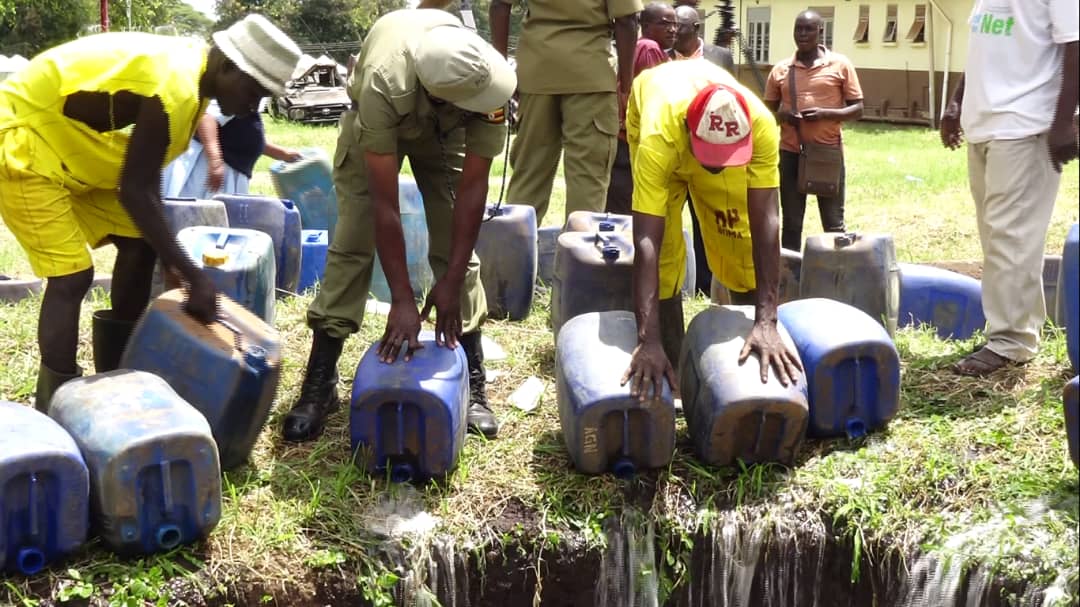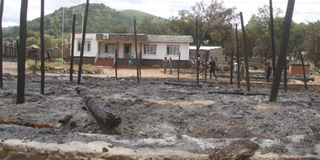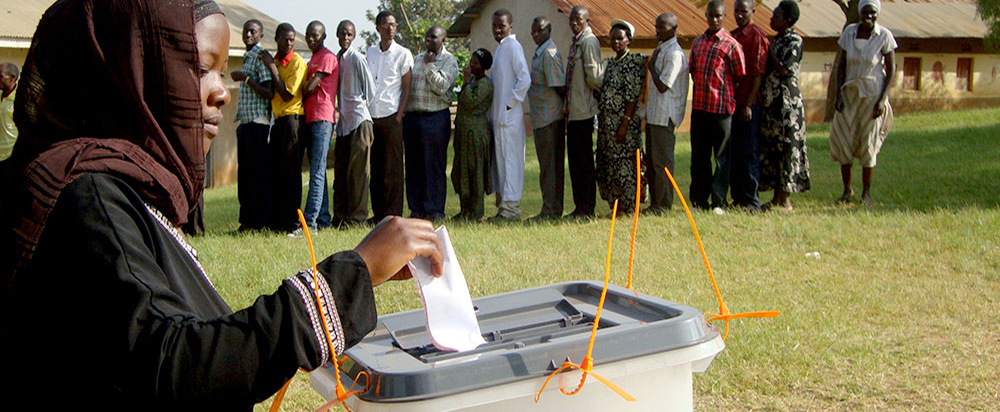Khartoum declares force majeure on South Sudan crude oil exports
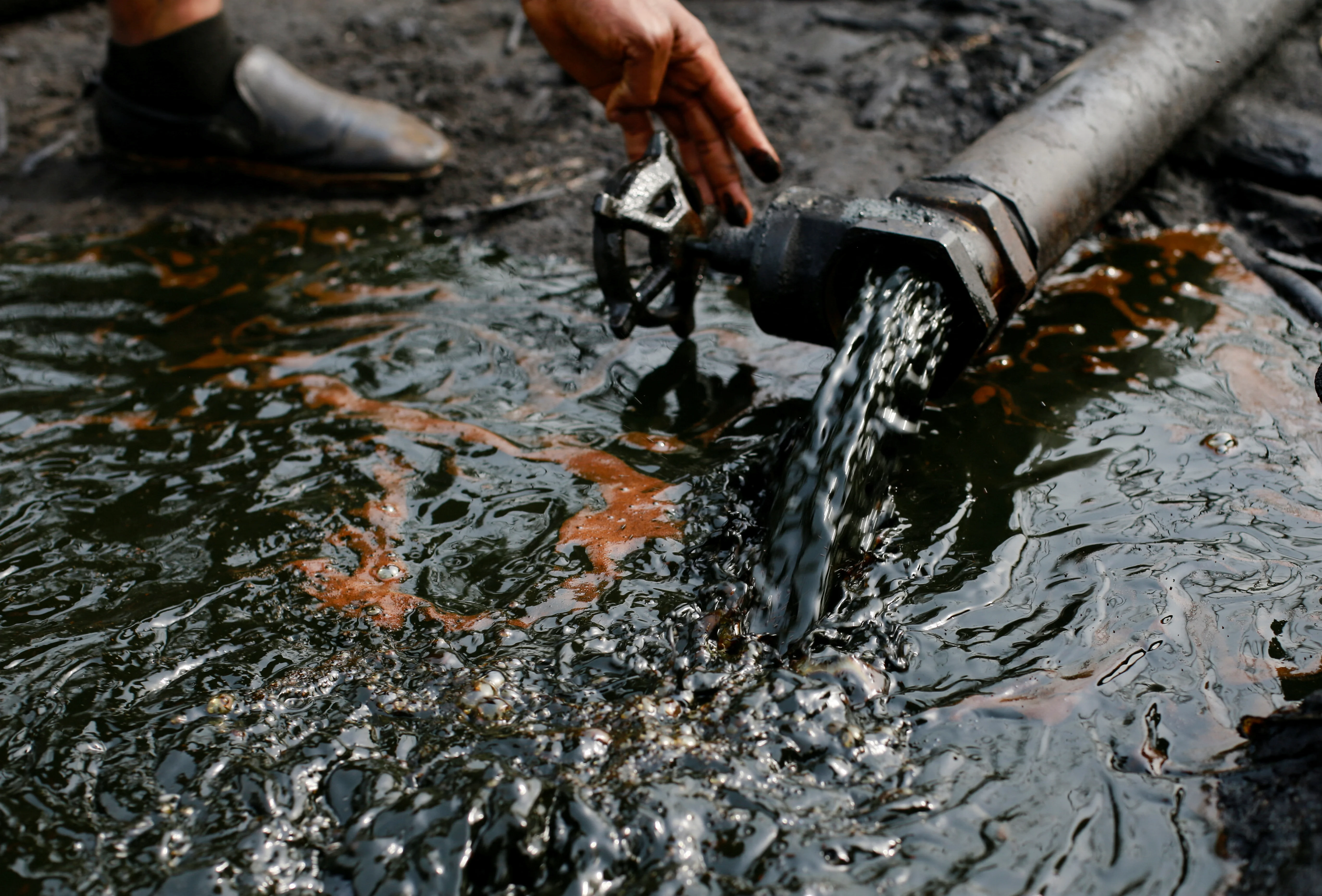
Sudan's government has declared force majeure on oil loadings of South Sudan's key Dar Blend crude, following a rupture in the country's export pipeline through war-torn areas.
This was stated in a communique issued by Sudan's Minister of Energy and Petroleum, Dr Mohieldin Naim Mohamed, to the directors of major oil exporting companies in neighbouring South Sudan.
Before deciding to restrict crude oil flow between the two countries, the Khartoum government informed its counterparts in South Sudan that on February 10, 2024, the operator of the Jabalayn-Port Sudan Pipeline (BAPCO) observed a restriction of flow in Pumps Station 5, and it was later discovered that a gelling incident occurred in the area between Pump Stations 4 and 5, which is a military operations zone.
He said that this zone was cut off by the Rapid Support Forces and has been inaccessible due to intensive fighting between the two warring factions.
He pointed out that the operator (BAPCO) was unable to supply Pump station 4 with diesel necessary for heating the crude oil to prevent gelling because the temperatures in the area in the preceding days was 15°C indicating a lower ground temperature which amplified the risk of gelling.
Although BAPCO subsequently cleared out the gelling and flow resumed, it was stopped the following day after detecting a severe drop in pressure. Reports indicate that a major rupture took place 18km north of Pump Station 3, and this area is also a war torn area.
There also remains the a challenge of restarting the Transportation System which requires all the pumping stations and heating stations to be fully functional and diesel supply to be adequately supplied for the gelling issue to be resolved.
“As such Government of Sudan is declaring a force majeure which disables us from meeting our obligations in delivering Crude Oil in and through the BAPCO Transportation System to the Bashayer 2 Marine Terminal. We remain ceased to restore the BAPCO Transportation System to operational mode and you will be updated of any developments duly,” said Sudanese Energy and Petroleum minister.
Reports seen by the Nile Post indicate that an incident on the pipeline via Khartoum in early February prompted the Dar Petroleum Oil Company (DPOC) to suspend all its oil loadings of February and March.
At least one cargo, comprising 600,000 barrels of oil, had been due to load Feb. 22-23, according to the documents, but that lifting was canceled.
The consignment came as crude exports from Sudan's Bashayer oil terminal in the Red Sea slumped to an 11-month low 79,000 barrels per in February, according to tanker-tracking data from S&P Global Commodities at Sea, with officials blaming Red Sea disruptions and the Sudan war.
Oil exports from the terminal, which included Nile and Dar Blend crude from both South Sudan and Sudan, averaged 136,000 barrels per day in 2023, with the majority going to refineries in Malaysia, Singapore, China, and Italy.
The data showed that the last loadings from Bashayer occurred on February 15, with the LESVOS transporting a Vitol cargo of sweet oil to Fujairah port in the UAE, and on February 16, with the Singapore-bound MONVOS products tanker.
Sudan has been in chaos since April 2023, when the Sudanese Armed Forces clashed with the Rapid Support Forces militia over how Sudan would transition to civilian rule.
As the RSF looked to expand its territory in Sudan late last year, its fighters took key towns along the pipeline route, chasing away engineers and forcing the Juba government into negotiations with the RSF.
Oil-dependent and landlocked, South Sudan produces around 160,000 barrels per day of crude, compared to Sudan's 50,000 barrels per day , but relies entirely on its northern neighbor to export its crude from Port Sudan, through the pipeline via Khartoum.
On February 28, South Sudan government said the war in Sudan, flooding of oil fields and recent attacks on ships transiting the Red Sea by Yemen's Houthi rebels had curtailed its crude exports.
"An amalgamation of factors has derailed our efforts to take crude to international markets but attacks on the pipeline by Sudan conflict, conflict in the Red Sea, and delays in shipping at the sea have affected us greatly," South Sudanese government spokesperson said.
Early in the Sudan conflict, the price of South Sudanese crude suffered when shippers refused to dock at Port Sudan.




